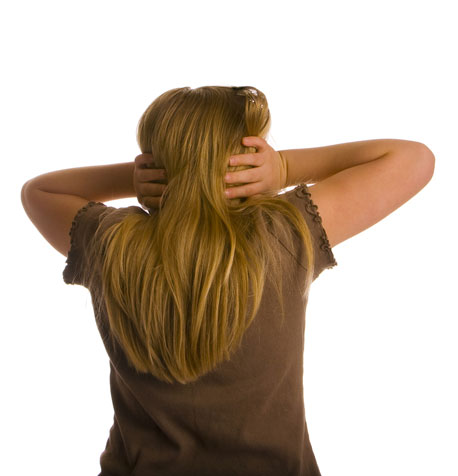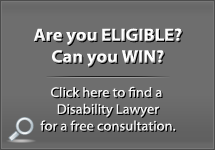
Almost 4 million Americans suffer from some sort of anxiety disorder and finding the right treatment for anxiety is not always easy. The most common disorder is the generalized anxiety disorder, commonly referred to as GAD. Like the term implies, this anxiety is not focused on any particular situation or object. In general, GAD is a chronic disorder with a non-specific fear of everyday life. Other types of anxiety covered under the term anxiety disorder are panic disorder, phobias, obsessive- compulsive disorder (OCD), post traumatic stress disorder (PTSD) and separation anxiety.
The treatment for each disorder varies. Determining the cause and type of disorder is the first step in finding a successful treatment. Phobias are caused by a specific object or situation and the person experiences an intense, irrational fear. Virtually anything can be a trigger. Clowns, noses, horses, spiders, tomatoes, essentially anything could be the trigger.
In comparison, PTSD is caused by a traumatic event. US soldiers, coming back from a war zone, are often associated with this disorder. PTSD can also be experienced after a loss of a loved one, an accident or rape. Any traumatic event can be the cause for this disorder. You can now easily understand why the treatment has to be tailored to each anxiety disorder.
What are the symptoms of anxiety?
The general anxiety symptoms are irritability, sweating, difficulty concentrating, tension and trouble falling and/or staying asleep. These are just a few of the symptoms patients report. It is also very common to hear complaints about chest pain, chronic fatigue, back pain or dizziness. The symptoms can be very unspecific. Back pain does not necessarily mean you experience anxiety. It could simply be caused by your last workout in your local gym. Chest pain could signal a heart problem and could be completely unrelated to anxiety. It is very important to let your doctor know what you feel and how you feel so he can diagnose you correctly.
Treatments for anxiety
Many studies have shown the benefits of early treatment and diagnosis of anxiety disorders. Treatments include psychotherapy, pharmaceutical therapy, and lifestyle changes. Cognitive behavioral therapy (CBT) has been very effective in the treatment of panic disorders and social phobia. CBT is based on the gradual exposure to the triggers and desensitize the person over time. Medications commonly used to treat anxiety are Nardil and Parnate. Most recently, Lyrica and the antidepressant Remeron have been used successfully in treating anxiety. Anxiety medications can have many side effects.
Alternative medicine is also used in patients and could bring significant improvement. Changing your lifestyle is one of the changes that a doctor may consider. Valerian root, lemon balm leaf and butterbur are herbal treatments and do not have the harmful side effects of conventional medications.
It is very important to get the right diagnosis from your doctor. The diagnosis will determine what kind of treatment will have the greatest success rate in your particular case. Considering all available options can ensure you will find the treatment that is right for you.
Previous post: A Little Back Pain is not enough to Win Social Security Disability
Next post: Diagnosis and Management of Spinal Pain










